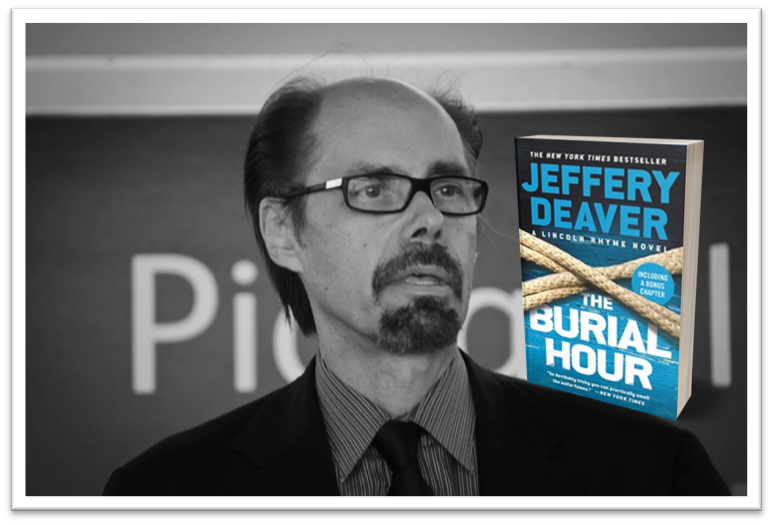Jeffery Deaver's bestselling mystery series featuring retired police captain Lincoln Rhyme has just been ordered as a pilot for NBC. The series, which began in 1997 with The Bone Collector, has stretched into 15 novels as of late 2018, and the author shows no sign of stopping. Deaver spends time each year teaching the art of commercial novel writing to aspiring authors. According to him, writing commercial genre fiction is no more mysterious than any other career. His no-nonsense rules for writing give a solid foundation for a successful genre fiction career. 
Always Remember That It's a Business
According to Deaver, writing commercial genre fiction is a business. An author who writes these books isn't an artist, but someone who produces a product. It's up to you to meet your deadlines by treating it as a business and sitting down to write every day.
You Need Some Type of Business Model
Who is your ideal reader and what does she want to read? Deaver offers the example of creating either mint-flavored toothpaste or liver-flavored toothpaste. Both do the job, but one will obviously sell better than the other. He thinks commercial genre fiction is mint-flavored. Find out exactly what type of mint your readers like and create your books around that idea.
Pay Attention to the Details
It's not just the general idea of each genre, but all the smaller details, or tropes, that add up to a satisfactory package. Some of them can include:
- The pacing of the story. Straight lines are boring. Your characters' emotional journeys should look like a roller coaster
- Plot resolution. Never leave dangling plot lines; resolve all those questions you've posed to your reader
- Craft. Learn your basics before trying to publish. Get a good editor and listen to her advice
- Story. Your characters can be vanilla, your environment can be bland, but if your story grabs your reader by the throat and doesn't let go, you've got a good book.
- Outline. Do the heavy work up front and the actual writing will be easier. Deaver researches and outlines for months before writing a single word on his books
Edit, Edit, Edit
Deaver believes that all first drafts are bad and always too long. Once he finishes a book, he first does a complete read-through on the work. He often paraphrases Hemingway, saying that there are no good writers -- only good rewriters. He lets each book sit as long as possible before rewriting it, but it takes him multiple passes and rewrites before he's happy and ready to publish.
Keep the Faith and May the Force be with You!





